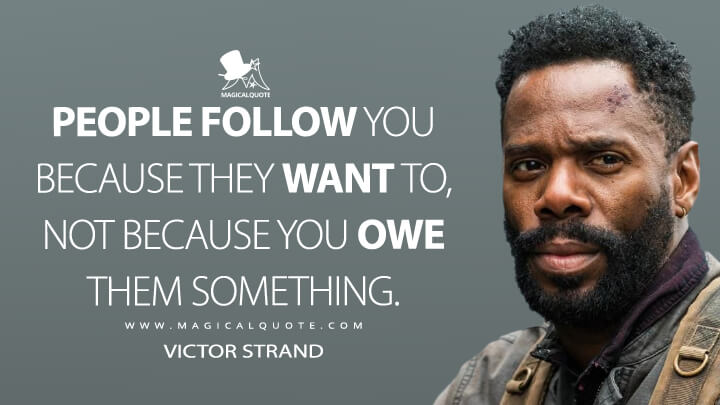

But the drilling has made veterans of all you men. I don't give a fuck for a man who is not always on his toes. But the real man never lets his fear of death overpower his honor, his sense of duty to his country, and his innate manhood.Īll through your army career you men have bitched about what you call 'this chicken-shit drilling.' That is all for a purpose - to ensure instant obedience to orders and to create constant alertness. Some men will get over their fright in a minute under fire, some take an hour, and for some it takes days. But the real hero is the man who fights even though he's scared. If he says he's not, he's a goddamn liar. Only two percent of you right here today would be killed in a major battle. It brings out all that is best and it removes all that is base. Battle is the most significant competition in which a man can indulge. The very thought of losing is hateful to Americans. That's why Americans have never lost and will never lose a war.

Americans love a winner and will not tolerate a loser. When you were kids, you all admired the champion marble shooter, the fastest runner, the big-league ball players and the toughest boxers.

All real Americans love the sting and clash of battle. Men, all this stuff you hear about America not wanting to fight, wanting to stay out of the war, is a lot of bullshit. (Be advised: There is some epic profanity in the following text)
I want them dead movie#
While veterans and war movie buffs are probably very familiar with the opening of "Patton," the real speech the general gave is worth a read of its own. An army without profanity couldn't fight its way out of a piss-soaked paper bag." You can't run an army without profanity, and it has to be eloquent profanity. It may not sound nice to some bunch of little old ladies at an afternoon tea party, but it helps my soldiers to remember. "When I want my men to remember something important, to really make it stick, I give it to them double dirty. When Patton's nephew asked about the profanity, the military leader reportedly told him: The film "Patton" does contain some of the language in Patton's famous speech, but much of the original was changed or removed. Brighton remarks that some officers thought the speech was too vulgar – and apparently Hollywood did too. Patton used the speech to try and motivate his men to fight like combat veterans. Those memoirs are the basis of the speech we are familiar with today. Those are the men who attempted to write it down and put it in their memoirs.
I want them dead full#
It was full of the "language of the barracks" and the men who listened to it loved every word of it. Patton would deliver the speech without notes, so it changed slightly each time. Patton would deliver to troops before a battle, a screed historian Terry Brighton called "the greatest motivational speech of the war and perhaps of all time" in his book " Patton, Montgomery, Rommel: Masters of War." This was part of a famous speech General George S.


 0 kommentar(er)
0 kommentar(er)
